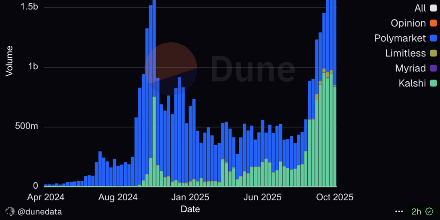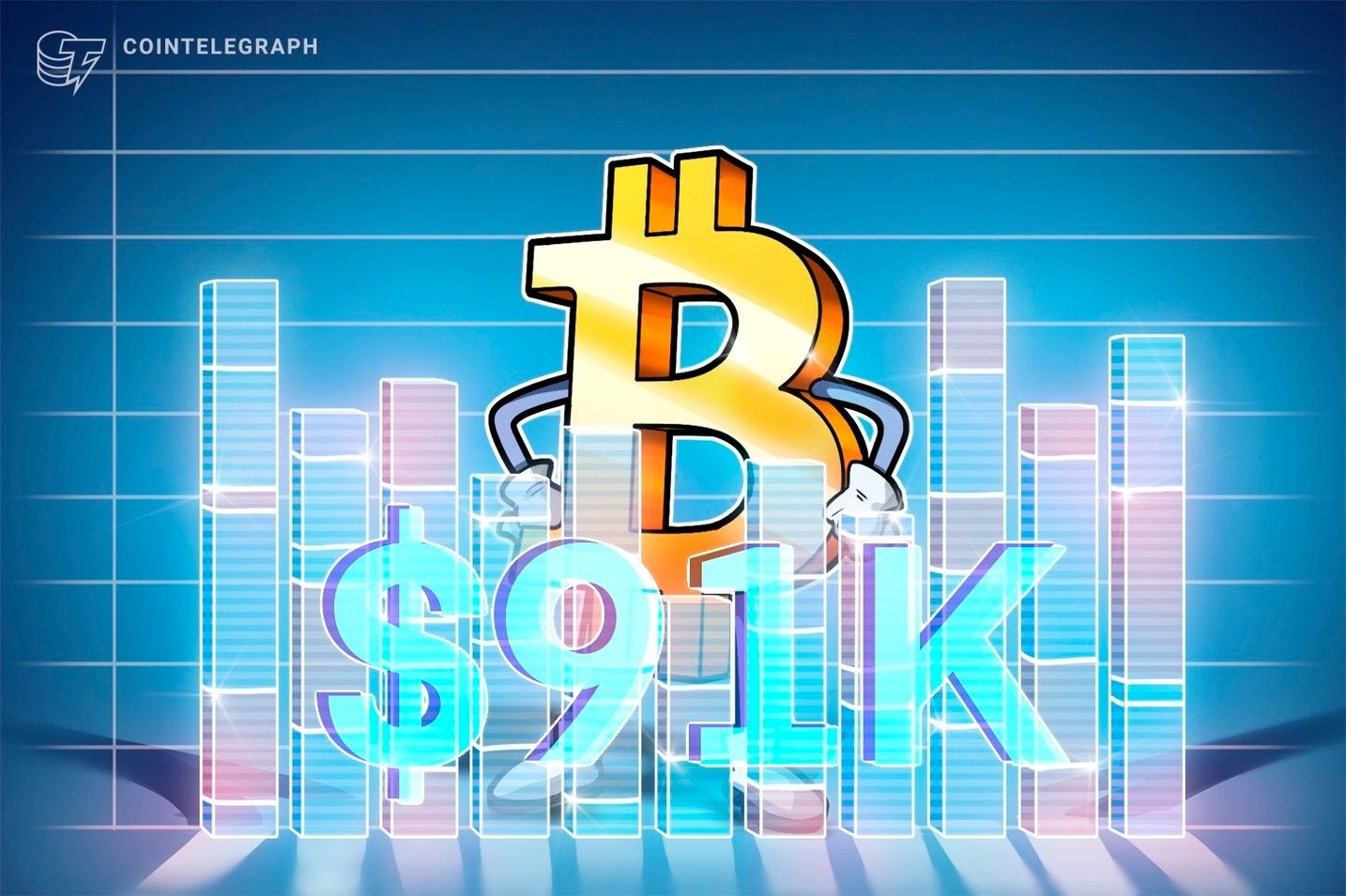Blockchain as the New Data Infrastructure for U.S. Economic Reporting
- U.S. government publishes macroeconomic data on Bitcoin, Ethereum, and Solana via blockchain, ensuring tamper-proof global access. - Chainlink and Pyth oracles deliver real-time GDP/PCE data to dApps, enabling automated DeFi products like stablecoins and prediction markets. - Public chains benefit from increased developer activity as on-chain economic metrics drive applications in risk modeling and synthetic assets. - Regulatory clarity from the Deploying American Blockchains Act accelerates adoption, bo
The U.S. government’s recent adoption of blockchain technology to publish macroeconomic data marks a seismic shift in how public information is disseminated and verified. By embedding GDP, PCE Price Index, and other critical metrics into public blockchains like Bitcoin , Ethereum , and Solana , the Department of Commerce has created a tamper-proof, globally accessible infrastructure for economic reporting [1]. This initiative, facilitated by oracle networks Chainlink and Pyth, not only enhances transparency but also unlocks a new class of investment opportunities in blockchain oracles and public chains.
The Role of Blockchain Oracles in Economic Data Integration
Blockchain oracles—services that connect smart contracts to real-world data—are now central to the U.S. government’s data strategy. Chainlink and Pyth have been selected to deliver real-time economic data to decentralized applications (dApps) and smart contracts, enabling automated financial instruments like prediction markets and algorithmic stablecoins [2]. For investors, this means these oracle providers are positioned to benefit from increased demand for their infrastructure. Pyth’s token (PYTH), for instance, surged in early 2025 following the announcement, reflecting market confidence in its role as a data bridge between traditional and decentralized finance [3].
Public chains like Ethereum and Solana, which host these data feeds, also stand to gain. The integration of U.S. economic data into these networks could drive developer activity, as builders create applications leveraging on-chain GDP metrics for risk modeling, yield optimization, and synthetic asset issuance [4]. For example, Solana’s high throughput and low fees make it an attractive platform for real-time data processing, potentially attracting institutional investors seeking scalable infrastructure [5].
Investment Opportunities in DeFi and Tokenized Assets
The availability of government-sanctioned economic data on-chain opens doors for innovative DeFi products. Prediction markets could now use verifiable GDP figures to settle bets, while tokenized government bonds or asset-backed securities might emerge, leveraging blockchain’s immutability for trustless execution [6]. Additionally, the SEC’s collaboration with Chainlink to ensure regulatory compliance suggests a path for institutional adoption, reducing counterparty risk and attracting capital [7].
Investors should also consider the long-term value of public chains selected for this initiative. Ethereum’s dominance in smart contract adoption, combined with its role in hosting U.S. data, positions it as a foundational asset. Solana’s performance in high-frequency data applications could similarly drive utility and demand for its native token (SOL).
Regulatory and Legislative Tailwinds
The Trump administration’s crypto-friendly policies, including the Deploying American Blockchains Act of 2025, provide a regulatory tailwind for this infrastructure [8]. By mandating federal agencies to adopt blockchain for data reporting, the act reduces uncertainty for investors and accelerates mainstream adoption. This legislative clarity is critical for sustaining growth in oracle and chain ecosystems.
Conclusion
The U.S. government’s blockchain initiative is more than a technological upgrade—it’s a catalyst for a new financial ecosystem. Investors who position themselves in oracle networks and public chains now are likely to reap rewards as DeFi applications, tokenized assets, and institutional infrastructure mature. With regulatory support and growing developer adoption, this is a pivotal moment to invest in the infrastructure of the future.
Source:
Disclaimer: The content of this article solely reflects the author's opinion and does not represent the platform in any capacity. This article is not intended to serve as a reference for making investment decisions.
You may also like
OracleX Global Public Beta: Restructuring Prediction Market Incentive Mechanisms with "Proof of Behavior Contribution"
OracleX is a decentralized prediction platform based on the POC protocol. It addresses pain points in the prediction market through a dual-token model and a contribution reward mechanism, aiming to build a collective intelligence decision-making ecosystem. Summary generated by Mars AI The content of this summary is produced by the Mars AI model, and its accuracy and completeness are still being iteratively improved.

Bitcoin is not "digital gold"—it is the global base currency of the AI era
The article refutes the argument that bitcoin will be replaced, highlighting bitcoin's unique value as a protocol layer, including its network effects, immutability, and potential as a global settlement layer. It also explores new opportunities for bitcoin in the AI era. Summary generated by Mars AI. This summary was produced by the Mars AI model, and the accuracy and completeness of its content are still being iteratively improved.

Bitcoin 2022 bear market correlation hits 98% as ETFs add $220M

Fed rate-cut bets surge: Can Bitcoin finally break $91K to go higher?
